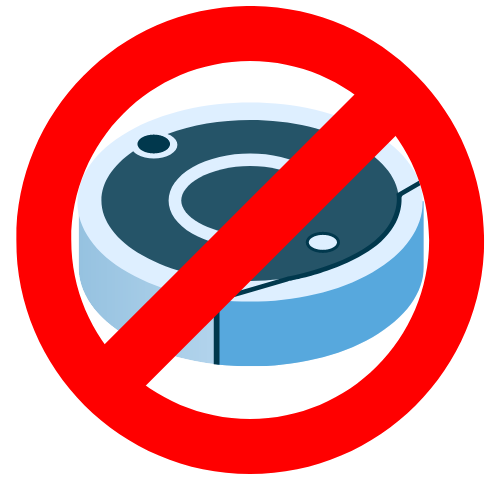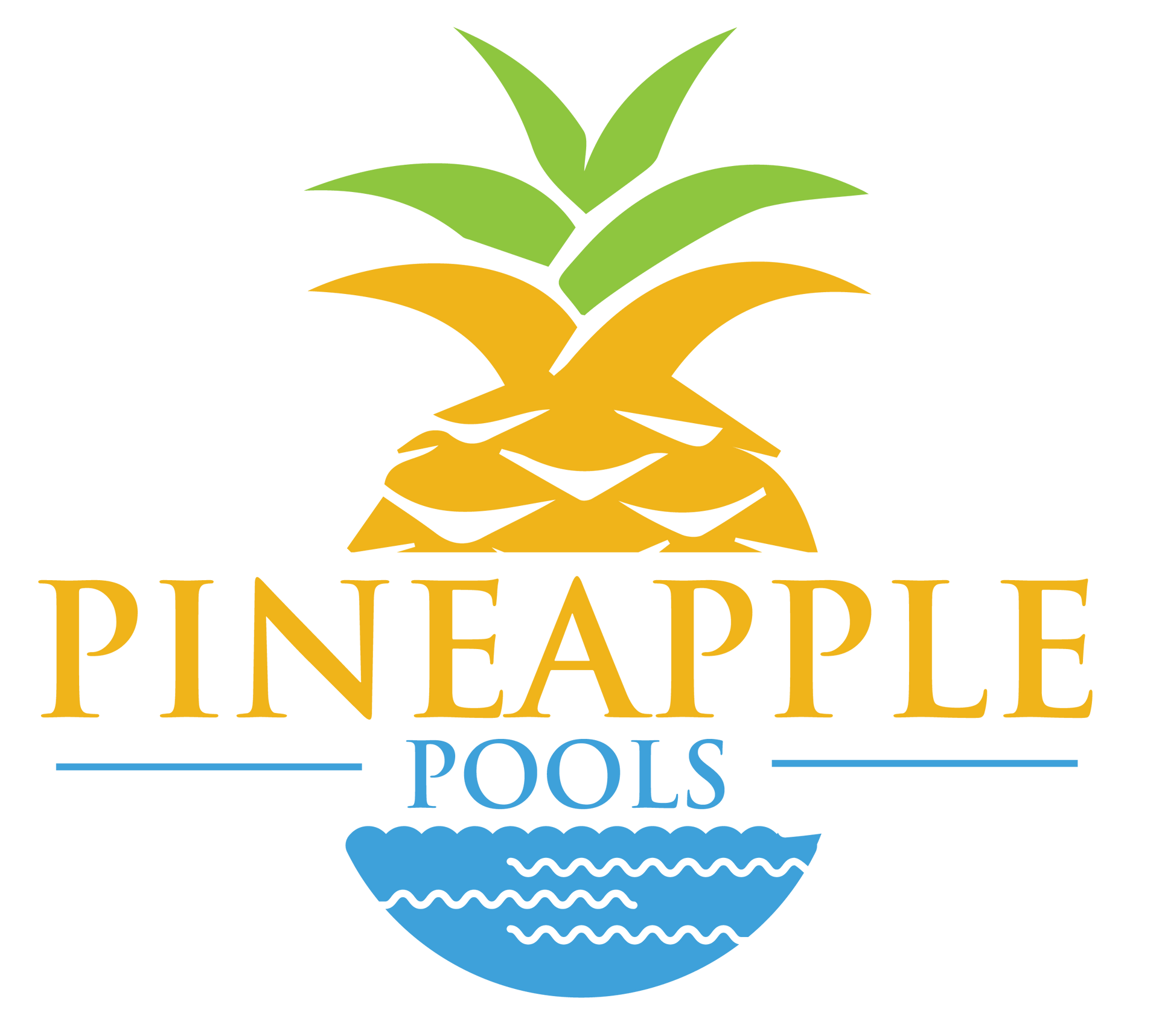Welcome to Pineapple Pools: Your Ultimate Pool Care Partner
Tips and Tricks
Common Pool Mistakes To Avoid

Ignoring Your PH and
Alkalinity Levels
You probably learned about the importance of balanced pH to healthy, happy ecosystems—including your pool. A low pH indicates acidity, while a high one indicates alkalinity.
Excessively high and low pHs can be detrimental for the use of water. High pH causes a bitter taste, water pipes and water-using appliances become encrusted with deposits, and it depresses the effectiveness of the disinfection of chlorine, thereby causing the need for additional chlorine when pH is high. Low-pH water will corrode or dissolve metals and other substances.

Not Brushing Your Pool
You already know how important it is to vacuum your pool regularly to keep scum and gunk from building up and ruining your swim.
But just like your teeth, your pool needs a good brushing to look its best. Whether you vacuum your pool manually or automatically, follow up with a good brushing.

Over using Chlorine Tabs
It may seem like a good idea to fill the chlorinator to the top with chlorine tabs, less work for you right? Wrong! The water cannot properly circulate to dissolve them if it’s too full.
Secondly, the over use of tab chlorine can cause a build up of Cyanuric acid (chlorine stabilizer) rendering your free chlorine in effective. The only way to reduce this is to dilute or drain your pool.

Using An Automatic Pool Cleaner
When you have an algae problem it’s tempting, but don’t fire up your automatic cleaner. Pressure-side automatic pool cleaner pushes algae and other debris up through a mesh bag. This gives the algae a nice little tour of your pool, but doesn’t remove it.
Taking things high-tech won’t help, either. They do an amazing job when algae’s not an issue, but even the best robotic pool cleaners use a fine mesh bag that’ll clog with algae—fast. The clogged gunk gets blown around the pool, and you’re back to square one.
Reviews

Our Chemical List
PINEAPPLE POOLS
Chemical List
Pineapple Pools prides itself on the chemical balancing of our swimming pools that we service. Below is a breakdown of the most often used chemicals and some details on why we use them.
-
Chlorine
We use three different types of chlorine based on the needs of the pool.
HASA Liquid Chlorine 12% is used most often as it is SALT based.
Calcium hypochlorite 65% (comes in powder form) is used less often, as it is strong and Calcium Based. If the pool is low in calcium this gives us the option and opportunity to adjust the sanitization level along with the calcium levels in the pools.
Trichlor Tablets are stabilized Chlorine, meaning they contain cyanuric acid for sun protection. We are very cautious about the number of tablets that we use in our swimming pools that we maintain. If there is too much cyanuric acid in the pool, we have to add more chlorine to get the same results of sanitation. The only way to remove cyanuric acid when it gets too high (for commercial pools the CDC recommendation is not above 50 PPM), is to dilute the pool or in extreme cases drain, acid or chlorine wash, refill and chemical rebalance. Most of our customers do not like having to drain their pools, this is why we are very cautious about the number of tablets used in the pools.
-
PH and Alkalinity
If the pH gets higher than 7.8, the water becomes too alkaline. When water is too alkaline, it reduces the effectiveness of chlorine — the pool chemical that kills pathogens. Water with a pH that's too high also can cause skin rashes, cloudy water and scaling on pool equipment.
If the pH gets too low (below 7.0), Acidic water not only stings the eyes and nasal passages, it strips the body of its natural oils leaving skin dry and itchy, and hair brittle. It also causes corroding of pool equipment.
- Muriatic Acid - Chlorine provides the optimal sanitation with a pH between 7.2 and 7.6. Muriatic Acid is used to adjust the PH.
- Sodium bicarbonate - (Baking Soda) raise both the pH and the alkalinity, improving stability and clarity.
-
Calcium Hardness
Calcium is always present in your pool. Hardness is the measure of how much calcium (or calcium carbonate) is present in your swimming pool water. Excessive calcium in a pool is typically the result of an imbalance in your pool water, and it can result in white, scaly buildup.
Calcium Too Low:
Calcium carbonate - Used to raise calcium in a pool, in most cases we would use Calcium hypochlorite 65% when performing our sanitization to balance a low calcium reading.
Calcium Too High:
Orienda SC-1000 - If calcium is too high, The Orenda SC-1000 Scale & Metal Control is a concentrated liquid formula that helps manage carbonate scale and metal staining.
Beautec A scale and stain product that controls ALL mineral buildup on pool surfaces and equipment without acids and phosphates.
-
Algicides
Pineapple Pools uses algicides to help counter act chlorine resistant algae.
Sodium Bromide – Pineapple Pools uses Yellow Treat2 as it first step in counter acting chlorine resistant algae and No Mor Problems for preventative maintenance when needed. Both of these algicides are sodium (SALT) based.
Copper Sulphate Pentahydrate – Pineapple pools only uses copper based algicides after through water testing. Copper has the ability to prevent and kill chlorine resistant algae. If too much copper is detected in the water (over .3PPM), it can cause staining and plating of the pool plaster.

Your Pool's Helping Hand, Always!
New Paragraph
Email Us
Ready to book? Pick a service and time that work for you.
Looking to schedule? Send us an email with your available times.
- Monday
- -
- Tuesday
- -
- Wednesday
- -
- Thursday
- -
- Friday
- -
- Saturday
- Closed
- Sunday
- Closed
License #
© Pineapple Pools
